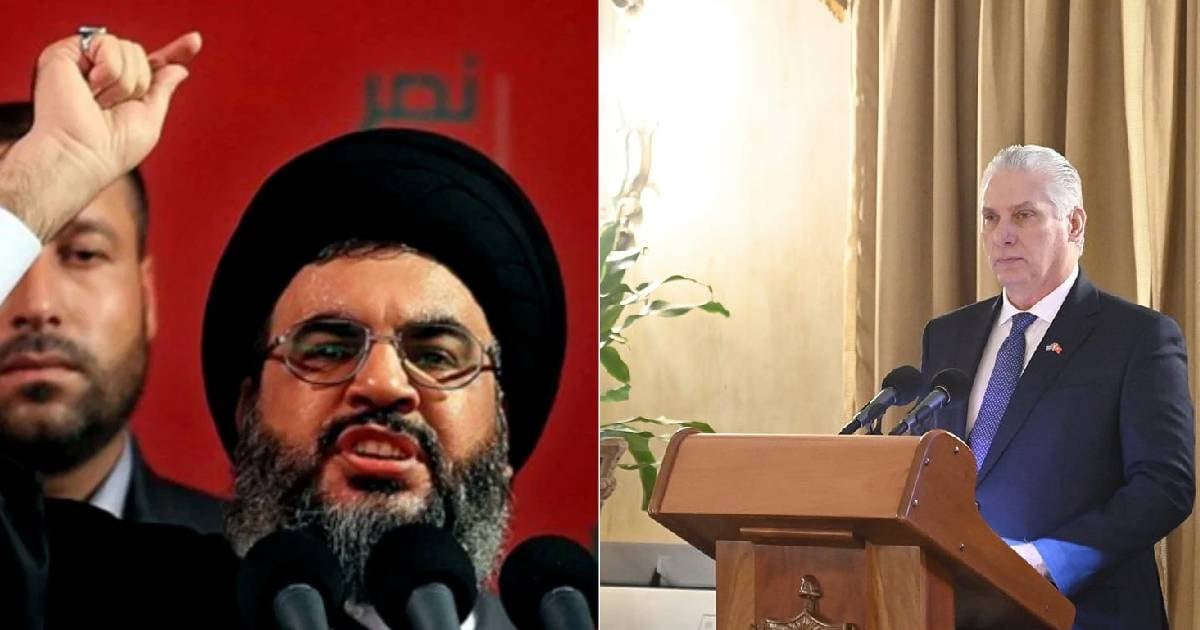Cuban leader Miguel Díaz-Canel expressed his sorrow over the death of Hezbollah leader Hassan Nasrallah, who was killed on Friday following an Israeli airstrike in Beirut.
"We condemn the cowardly targeted killing of Hassan Nasrallah, the Secretary General of Hezbollah, as a result of the attack carried out by Israel against residential buildings in the southern suburb of Beirut, causing destruction and the death of innocent civilians," Díaz-Canel wrote on X.
The Cuban president further stated, "This act seriously threatens regional and global peace and security, with full responsibility falling on Israel, aided by the complicity of the United States."
Impact of the Airstrike
The Israeli airstrike that resulted in Nasrallah's death took place in the Haret Hreik suburb in southern Beirut. Six buildings were demolished in what is considered the largest assault on the Lebanese capital in almost a year of conflict between Israel and Hezbollah.
Although Israel has not officially confirmed Nasrallah was the target, three major Israeli TV channels reported that his death was indeed a consequence of the airstrikes in Beirut's southern suburbs. The operation also resulted in dozens of casualties and injuries, impacting Hezbollah's headquarters in the city.
Nasrallah's Leadership and Legacy
Nasrallah, aged 64, became the leader of Hezbollah in 1992 following the death of his predecessor, Sayyed Abbas Musawi. Under his leadership, Hezbollah not only engaged in wars against Israel but also actively participated in the Syrian conflict, supporting dictator Bashar al-Assad and strengthening the Axis of Resistance, a network of alliances backed by Iran.
His death raises significant questions about Hezbollah's future and its role in the region. Nasrallah's leadership was pivotal in the withdrawal of Israeli troops from southern Lebanon in 2000 and in the 34-day war with Israel in 2006, which solidified Hezbollah's reputation as one of Israel's most formidable adversaries.
Uncertain Future for Hezbollah
Without Nasrallah's central figure, Hezbollah's leadership might face fragmentation, potentially leading to internal power struggles. The group's future direction and its influence in the region remain uncertain in the wake of his death.
